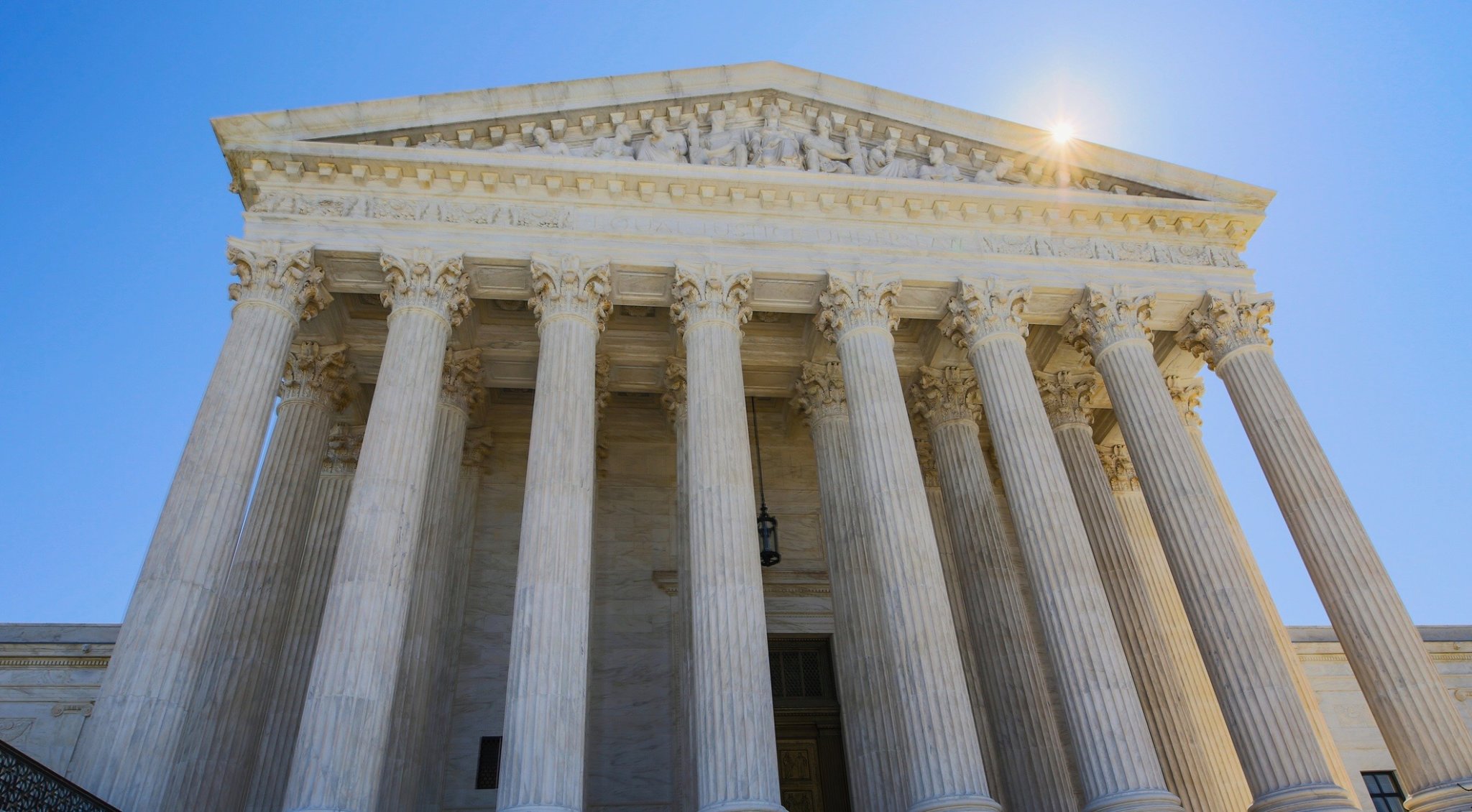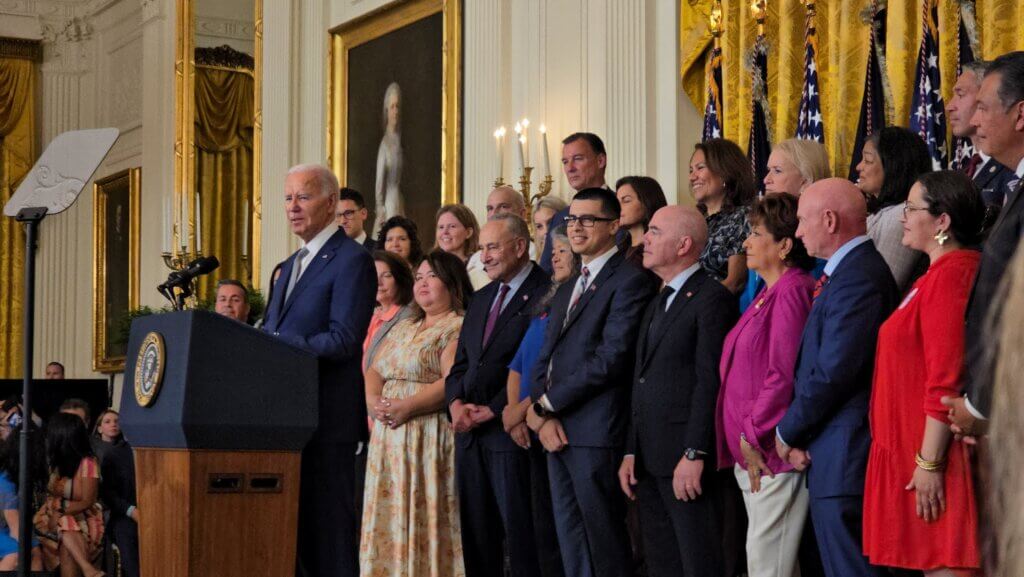Analysis: Here’s How LGTBQ and DACA Victories in Supreme Court Impact Educators and Students
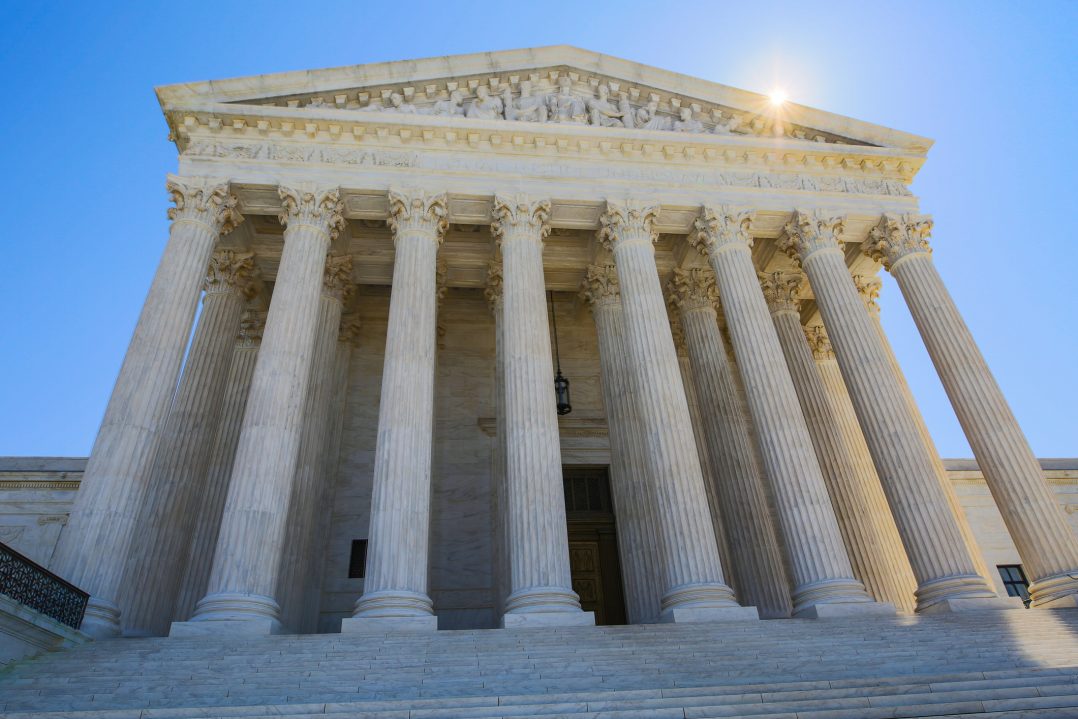
Between a pandemic that caused school closures and an outpouring of protests over America’s continuing cycle of racial injustice, supporters of educational equity have plenty of intense challenges and concerns. But this month, they were surprised by two civil rights victories handed down by a generally conservative Supreme Court. On June 15, the Court ruled that LGBTQ workers are protected from job discrimination, and on June 18, it ruled that the Trump administration cannot immediately end protections for undocumented immigrants who arrived here as children.
UnidosUS is celebrating both decisions and considering how this will impact its work going forward. ProgressReport.co spoke with several of UnidosUS’s own education and immigration experts to find out more.
A Win for LGBTQ Workers
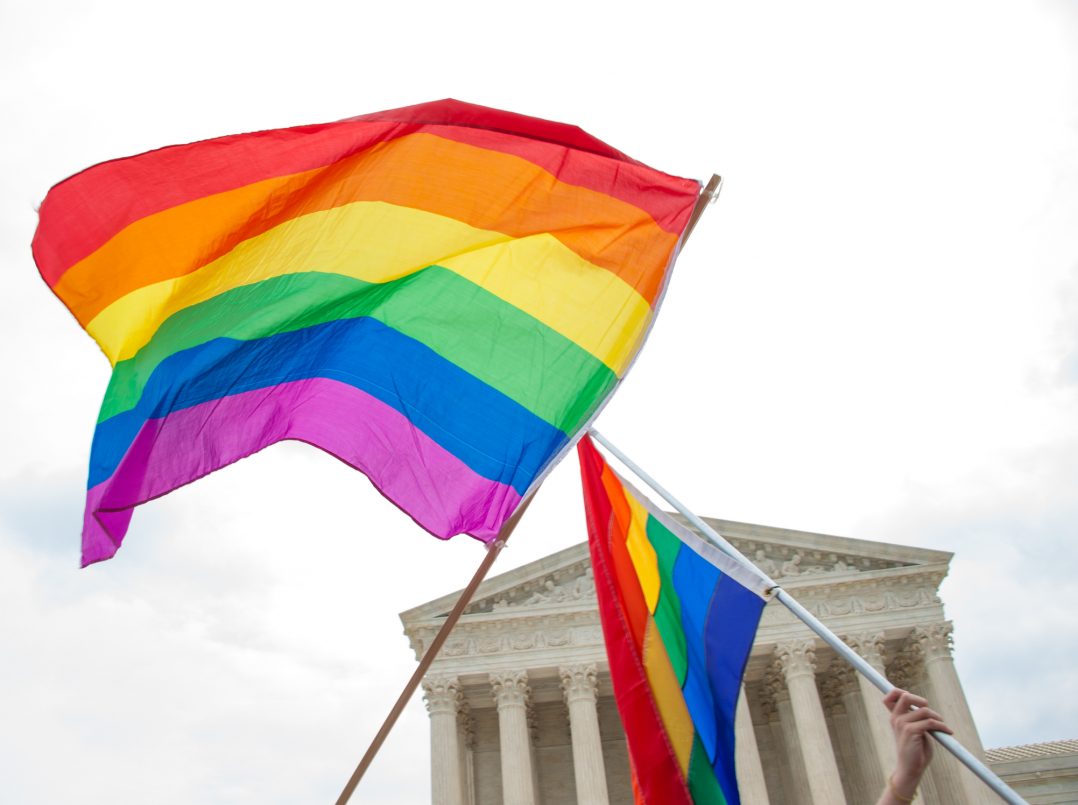
Title VII of the Civil Rights Act of 1964 made it illegal for employers to discriminate on the basis of sex, but it would take another five decades for the nation’s highest court to rule that law covers sexual orientation and transgender status. In fact, until last week, firing someone for being LGBTQ was still legal in 26 states.
The decision, which won by a 6-3 vote, involved three cases in which the Trump administration sided with employers over firing employees for their sexual orientation. In the first two, the employees were fired for identifying as gay, and in the third case, an employee was fired for identifying as transgender.
To the surprise of many in the public—and to the dismay of hardline conservatives, two of the Supreme Court’s conservative members, Justice Neil Gorsuch, the first justice to be appointed by President Donald J. Trump, and Chief Justice John Roberts joined four liberal members, Associate Justice Sonia Sotomayor, Associate Justice Elena Kagan, Associate Justice Ruth Bader Ginsburg, and Associate Justice Stephen Breyer in that decision.
“Today, we must decide whether an employer can fire someone simply for being homosexual or transgender. The answer is clear,” said Gorsuch, who wrote the majority opinion. “An employer who fires an individual for being homosexual or transgender fires that person for traits or actions it would not have questioned in members of a different sex. Sex plays a necessary and undisguisable role in the decision; exactly what Title VII forbids.”
And while this is a win for all LGBTQ workers, UnidosUS’s education team is hailing this as a victory for educators and their students.
“The Supreme Court’s decision was long overdue, but an especially fitting one for Pride Month 2020,” says UnidosUS K-12 Education Policy Analyst Tania Valencia. “We at UnidosUS have always stressed the importance of acceptance and diversity in the classroom. Educators deserve every right to feel safe in their workplace environments to show up as their authentic selves, which in turn allows students to feel pride in their own identities. This is a win not just for the workforce of today but also for those students who will be the workforce of tomorrow.”
A Win for DACA Recipients
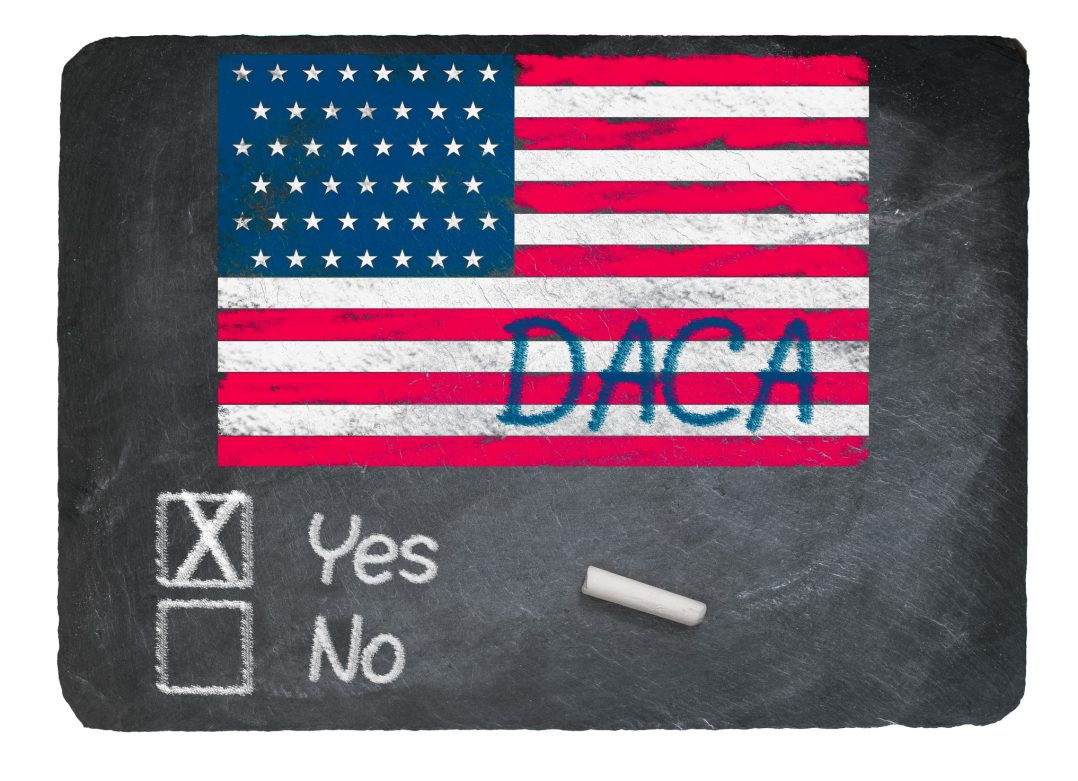
Deferred Action for Childhood Arrivals, or DACA, is an Obama-era program that allows about 700,000 undocumented immigrants who arrived in the country as minors without papers to stay in the country to study and work. Created in 2012, the Department of Homeland Security program does not provide citizenship and must be renewed every two years, although it does help to curb fears of immediate deportation.
But then in September of 2017, President Trump gave Congress six months to pass a replacement immigration law and vowed to let DACA expire if there was none. The decision was then blocked by lower courts, sending it to the Supreme Court, which finally made their decision last week.
According to the majority opinion written by Roberts and upheld by Sotomayor, Kagan, Bader Ginsburg, and Breyer, the ruling barring Trump from immediately ending DACA is a procedural one. The justices found that the Trump administration’s effort to end the program was “arbitrary and capricious” because the government failed to justify the change. This means that the Trump administration could still submit such an argument, and with that prospect in the balance, the fate of DACA is still unknown.
“We do not decide whether DACA or its rescission are sound policies,” wrote Roberts in the majority opinion. “We address only whether the agency complied with the procedural requirement that it provide a reasoned explanation for its action.”
The court promptly confirmed that it was not rejecting Trump’s hardline immigration policies outright when it ruled on Thursday, June 25, that asylum seekers can’t appeal when their applications are denied and they face fast-tracked deportation, a major defeat for people requesting safe haven in the United States.
The Department of Homeland Security has yet to announce a new DACA implementation plan, but UnidosUS is still hailing the DACA decision a victory.
“The Supreme Court sided with the vast majority of Americans by protecting DACA recipients from President Trump’s inhumane mission to deport as many people as possible,” said UnidosUS President and CEO Janet Murguía in a statement. “This decision is a victory for DREAMers — and for the entire country. DREAMers are already home, building families, creating communities, and helping lift up everyone in America. Today’s decision validates the need for Congress to act and deliver the lasting decision DREAMers and the millions of American families they are members of deserve. And today we celebrate the commitment and fight of young advocates across the country who have fought so hard to make today possible.”
Tens of thousands of those DACA recipients are students, and another 15,000 serve as teachers.
“We celebrate the fact that the DACA program still lives, and that its recipients can remain in the country for now and continue their work and their studies,” says Higher Education Policy Analyst Amanda Martinez, but she noted UnidosUS has criticized a new rule from the Department of Education that excludes undocumented college students, including DACA recipients, from receiving any type of pandemic-related emergency grant aid intended to support all students regardless of their immigration status. “We’ve got to keep pushing for equal access to that funding and any new funding in future stimulus packages, and we need to keep pushing for a permanent solution for DACA recipients to attain citizenship.”
“UnidosUS will continue to fight alongside DACA recipients for permanent relief. DACA recipients consistently show their dedication to our country – their high education rates, labor force participation rates, and tremendous rates of entrepreneurship show they are committed to our communities,” added UnidosUS Senior Immigration Policy Analyst Emily Ruskin. “Moreover, when the pandemic hit, hundreds of thousands of them were on our frontlines working to keep us all healthy and safe. Their home is here. “


